The inevitability of preparing for a future with an older population adds to the urgency with which countries need to improve how they prepare young people for the jobs of today and the future. Without a large boost in labour productivity, the potential economic benefits due to an influx of young workers will remain unrealized at the scale needed for such a future.
Development Strategies and Policies

To address the existing barriers to the adoption of these technologies, it is important to invest in digital literacy in rural areas, establish a new generation of agricultural extension services, make digital platforms user-friendly for smallholder farmers and build up infrastructure for agricultural e-commerce.
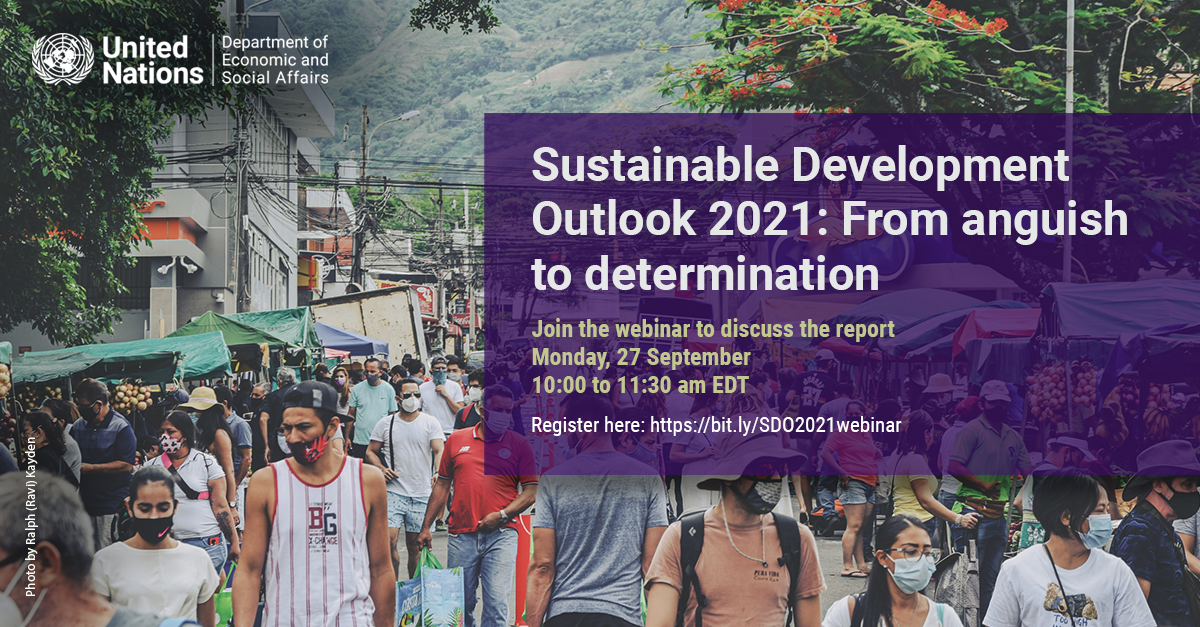
In charting out the way forward, Sustainable Development Outlook 2021 focuses on policy efforts that are cross-cutting in nature and have positive effects on multiple SDGs.
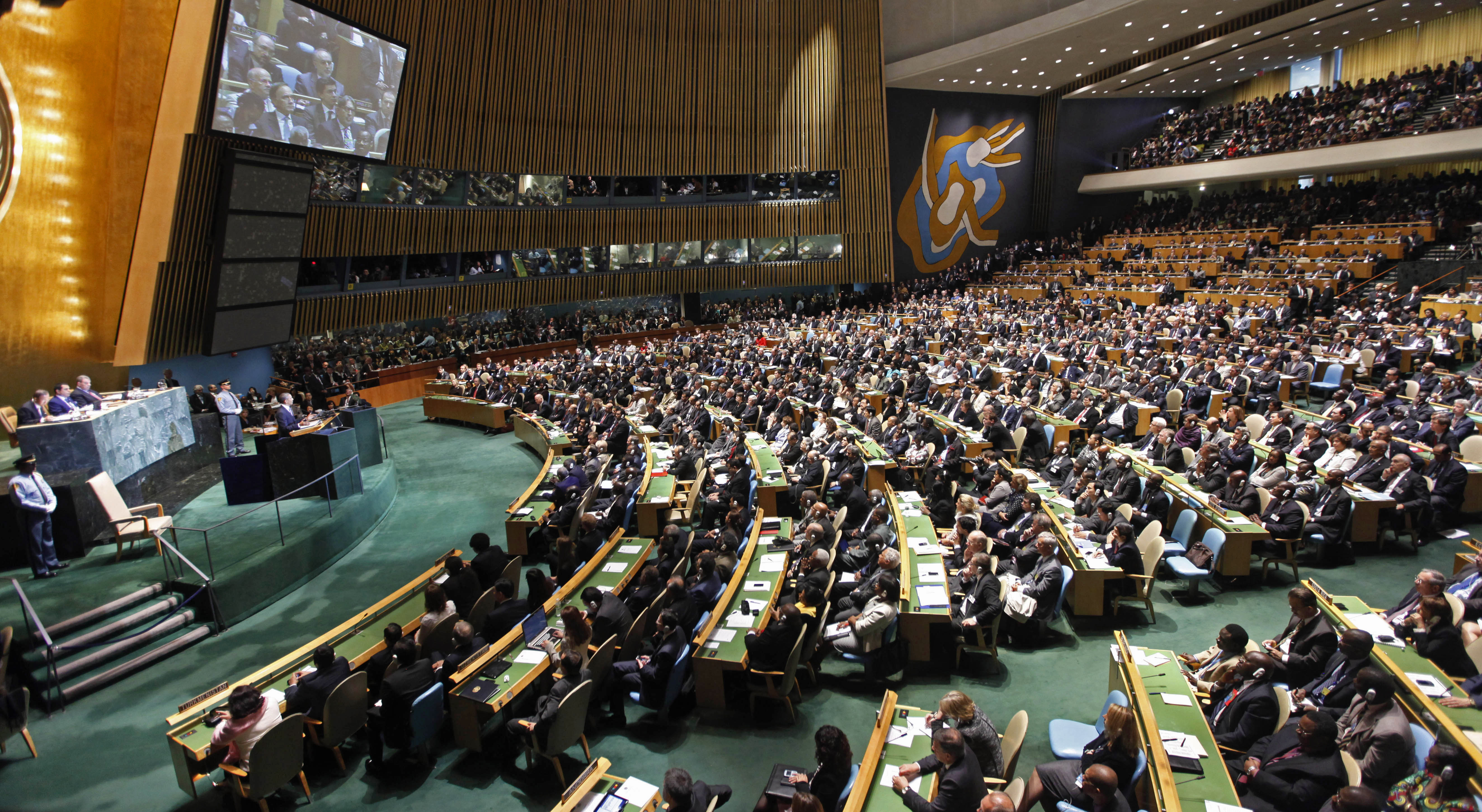
Policies that aim at facilitating the uptake of the lithium-ion battery without compromising environmental impacts should create incentives at various stages of the battery value chain, including the closed-loop recycling system.
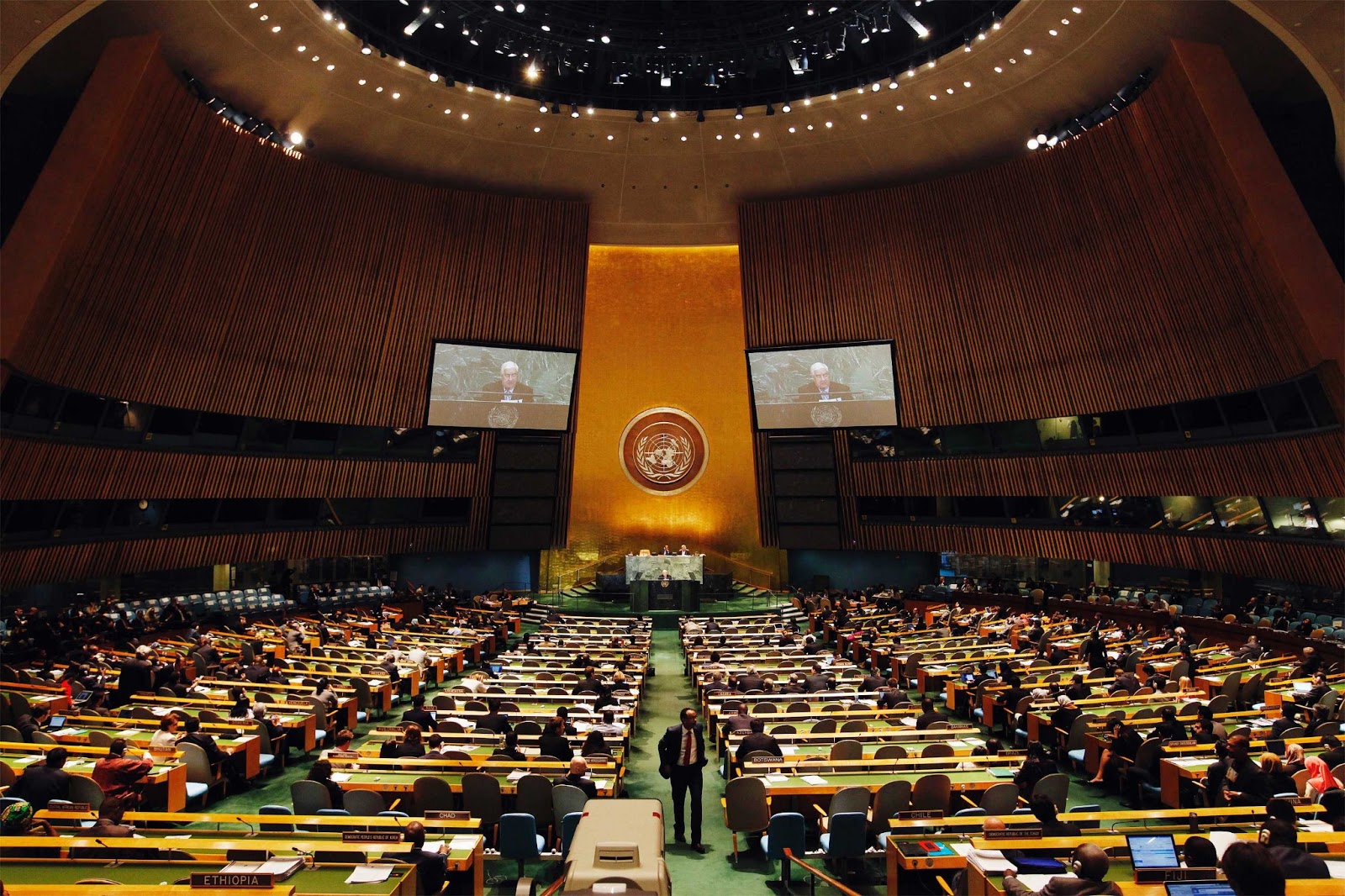
The severity of plastic pollution is now well-recognized, and countries and communities are looking for innovative solutions for addressing this menace of the modern age.

The World Economic and Social Survey 2018 reviews the advances in frontier technologies ? automation, robotics, electric vehicles, renewable energy technologies, biotechnologies and artificial intelligence ? and analyses their economic, social and environmental impact. These technologies possess immense potential for fostering growth, prosperity and environmental sustainability and accelerating the achievement of the 2030 Agenda for Sustainable Development.
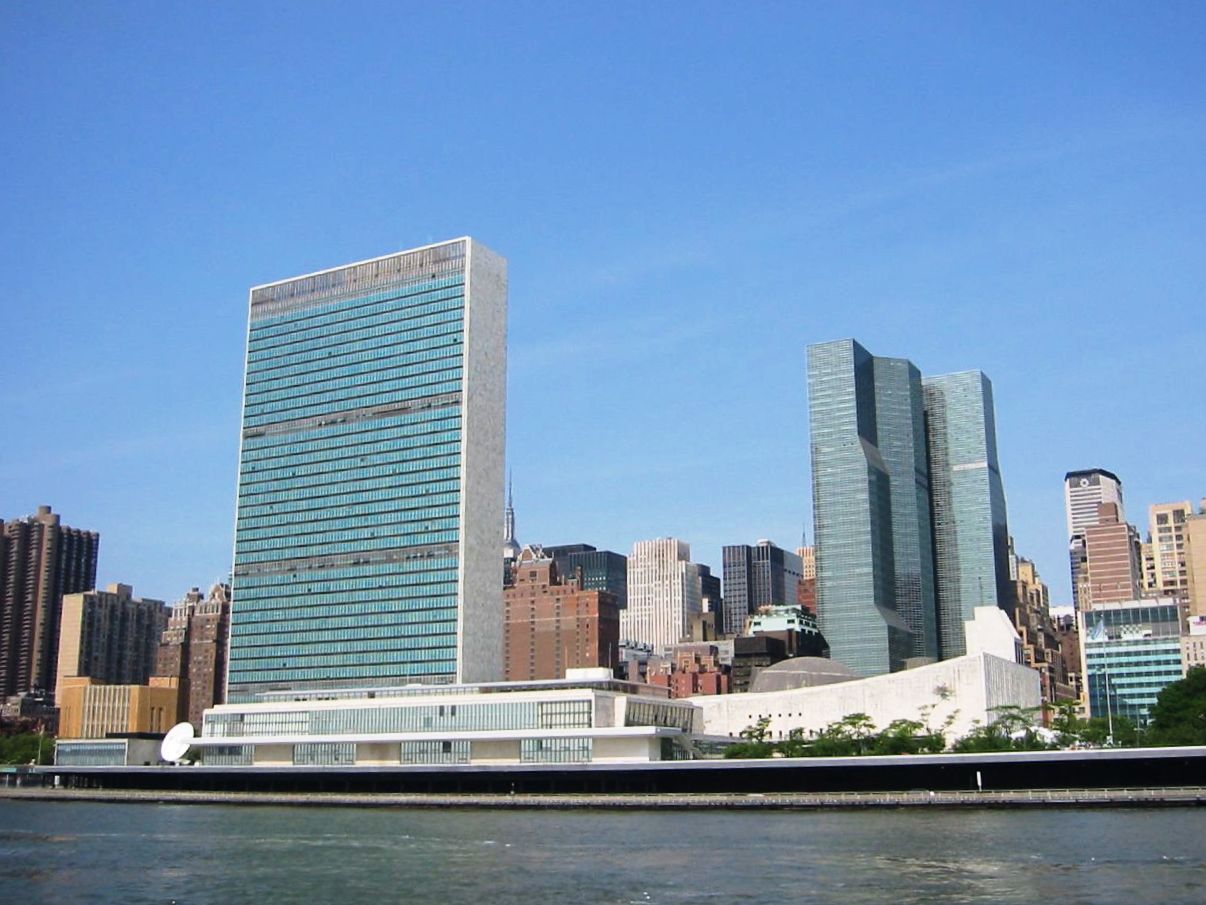
In drawing the most relevant lessons for implementing the 2030 Agenda for Sustainable Development, the World Economic and Social Survey 2017 systematically reviews the seven decades of development discussions contained in the publication ? the oldest continuous publication of its kind.
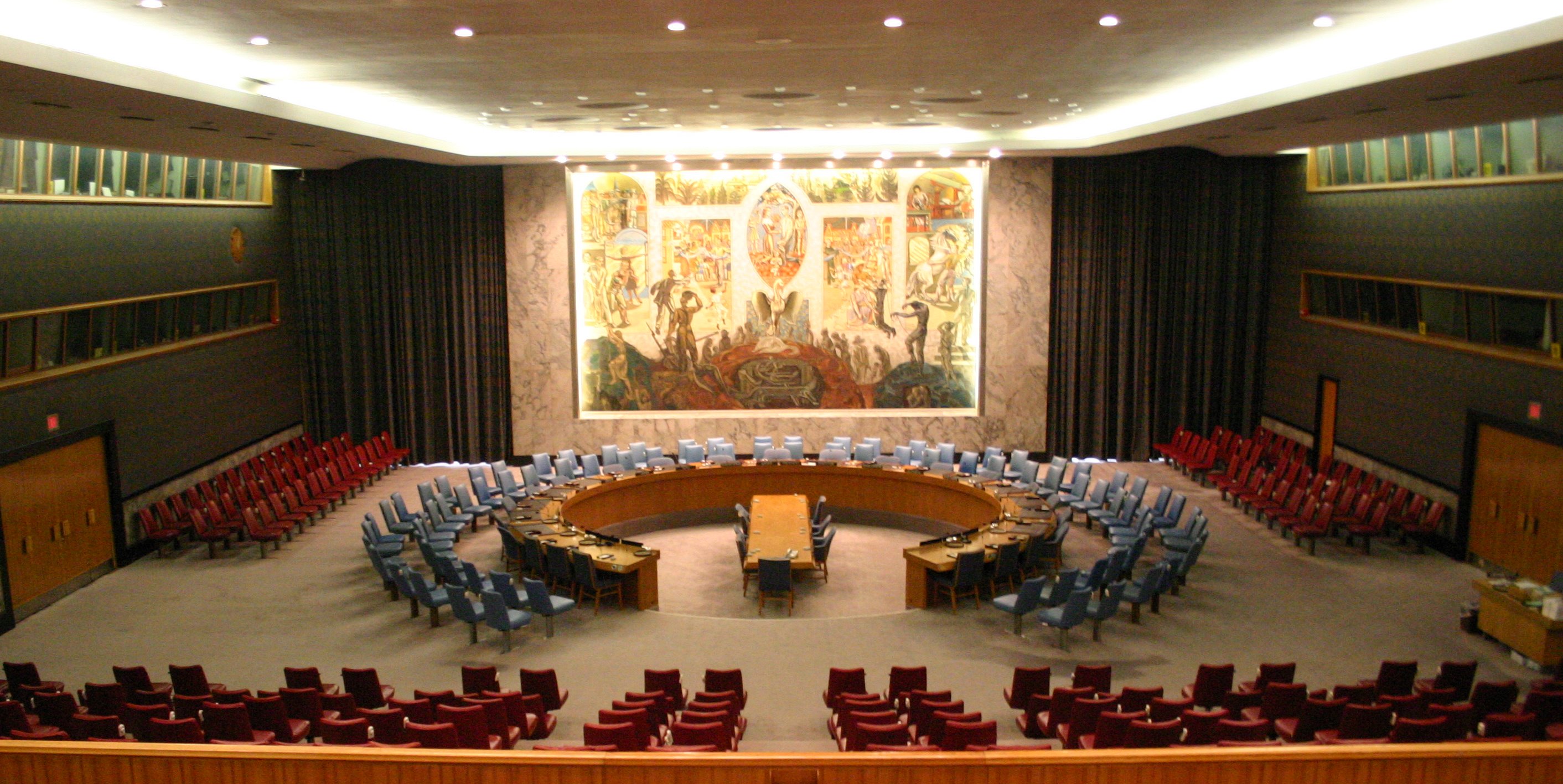
Since 1947 the World Economic and Social Survey has promoted a broader understanding of development, emphasizing the importance of advancing the structural transformation of the economy, progress in social development and environmental sustainability

Trade, investment and technology decisions at firm level interact with each other and affects aggregate productivity growth. This also illustrates the self-propagating forces of the current situation of the world economy.
 Welcome to the United Nations
Welcome to the United Nations